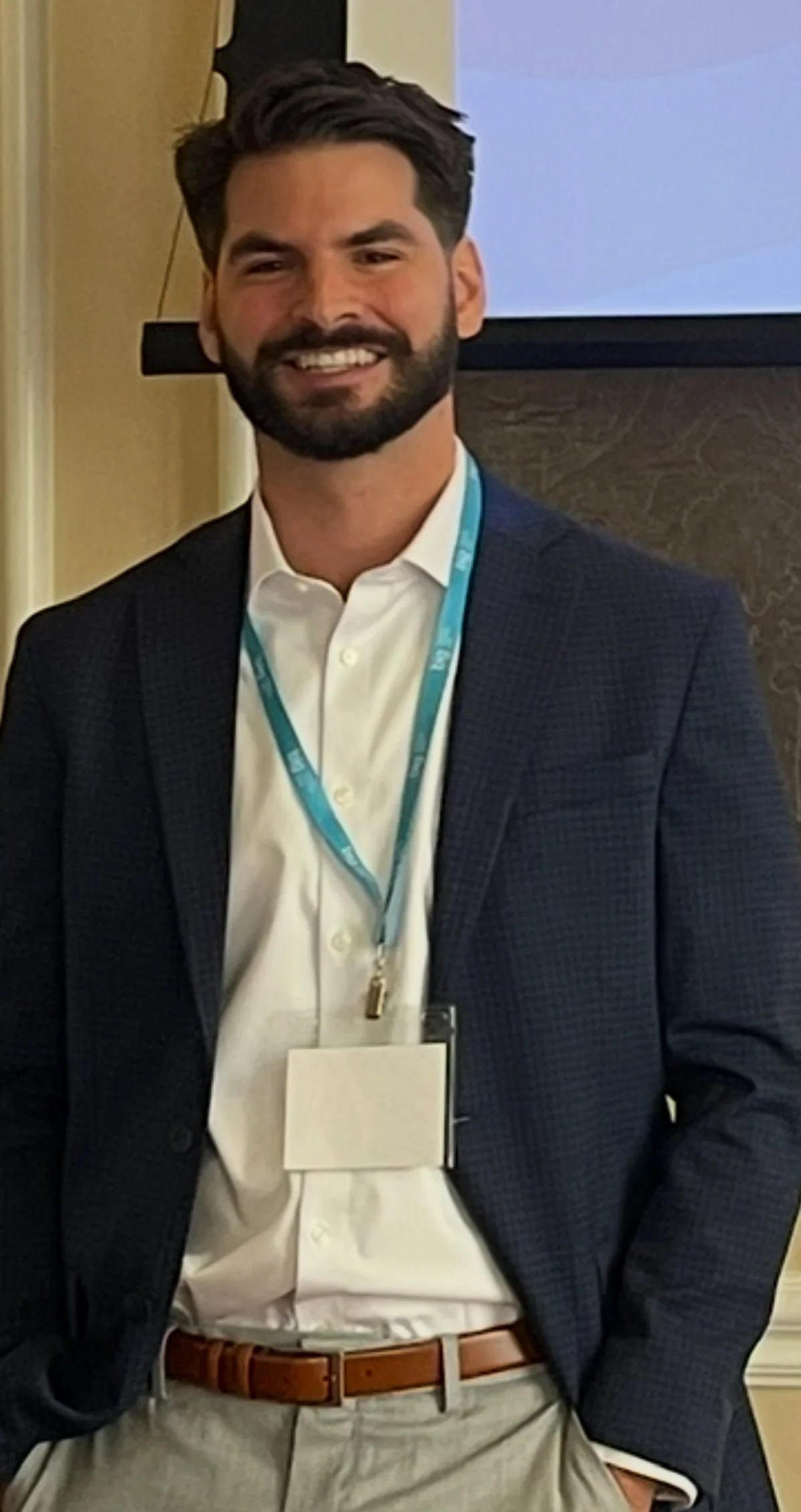A “Constructional Approach” to Behavioral Health, Education, and Consulting.
The “Constructional Approach” goes beyond behavior and cognition. We consider people’s actions to be rational when viewed in light of their history and current circumstances. It is a strengths-based approach that, when coupled with analyses derived from the learning sciences, lead to powerful, sustainable change. Clients are considered co-authors of all aspects of goal formulation and intervention, rather than as individuals whose pathology needs professional correction.
Applied behavior analysis (ABA) services, including direct intervention, case management, parent coaching, and constructional coaching for individuals of all ages.
Peer-to-peer (BCBA) consultation: Experience the difference a nonlinear contingency analysis makes. Supervision toward BACB certification available.
Training, consultation, and tools that leverage the strength of instructional design, precision teaching, and artificial intelligence to analyze your subject matter, design lesson plans, lesson sequences, and responsive systems that adapt to your student’s performance.
Avoid unnecessary training and cumbersome performance improvement plans by learning to accurately diagnose skill and performance problems, identify “low-hanging” solutions, and when required, develop tailored training and performance programs based on best practices derived from decades of research and development in the learning sciences.
Whether you are a parent, a teacher, a business owner/manager, or anyone looking for a data-driven, research-based way to move towards the life you want, the constructional approach can lead to outstanding and sustainable change.
What does it mean to be constructional?
The constructional approach (Layng 2021; Goldiamond 1974) is an approach to the learning sciences that considers all of our actions to be rational when viewed in light of one’s history, environment, the alternatives they have available to them at each choice point, and the costs and benefits of those alternatives.
This is in contrast to the “pathological approach” taken by many in the area of behavioral health, education, and performance management, which places the onus on the individual via some diagnosis, internal process or feature (e.g., oppositional, lazy, ), or emotional condition. The constructional approach, coupled with all the rigor of decades of research and development in the learning sciences poises practitioners to focus on skills to teach or what conditions to arrange that will bring about the desired outcome.
About Me
Jonathan Dietz has been in the field for 11 years, working in-home and in the community with families, in clinics and schools, teaching at the graduate level, and providing remote coaching and consulting.
He has years of leadership experience in the field of ABA, as well as direct BCBA intervention with individuals diagnosed with developmental delays. Jonathan is currently pursuing his PhD at the Institute for Applied Behavior Science, specializing in nonlinear contingency analysis, the constructional approach, performance management, and instructional design.
He practices with a compassionate, assent-based approach, ensuring that clients are co-authors of their path by jointly answering the following question: “Where do you want to go?”, “Where are you now?”, “How will you get there”, “What will keep you going along the way”, and “How will you monitor your progress?”.
LET’S CHAT





